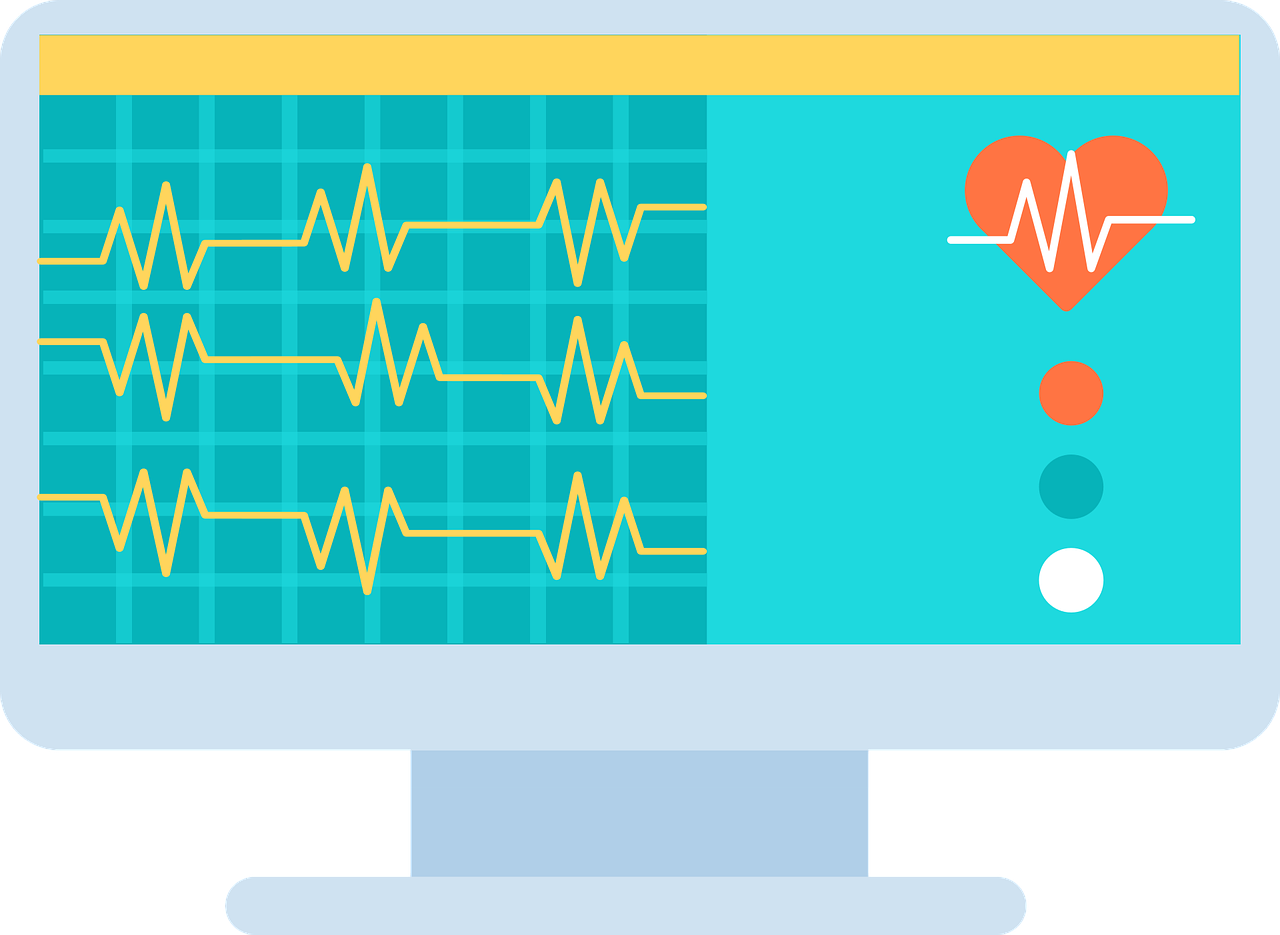
Computers are like cars. Both allow their users to do what seems like a lot of things. For computers, that’s a variety of tasks from assisting in writing documents while surfing the Web. Cars transport the driver but can also haul passengers or massive amounts of cargo.
Yet they do have limits. You would not expect a compact car to haul building material at a construction site. You use, instead, construction vehicles or at least a truck.
The same is true with computers. People shouldn’t expect consumer brands used at home to act or be used the same in settings like the local hospital. Instead, you get a specialized “medical computer.”
Here are five good reasons why a medical computer is the right “vehicle” for the job.
Medical grade
Hospitals are chock full of medical devices. Many are complex and necessary for patients’ survival. The last thing you want is your computer shorting them out.
Medical panel PCs that are medical grade won’t do that. They have been tested and certified not to interfere with hospital equipment. They can be trusted near patients as well as sensitive areas like surgical theaters.
Legacy device compatible
Most hospitals continue to use older equipment for vital things but are no longer supported by their original manufacturers. Such “legacy” devices may not have the proper ports to properly connect with today’s PCs. The right medical computers will have the proper hardware and software for both connection and functionality.
Fanless design
Patients in hospitals need rest. A lot of it if they want to properly heal. That means their rooms need to be as quiet as possible.
Unfortunately, consumer grade computers are noisy. Much of that is due to their fans, which keep their interior’s cool. Computers with fanless design, as the name implies, don’t use fans to keep cool. No fan means no noise which means a better rest for the patient.
IP65 Rating
Unsurprisingly, a lot of cleaning and disinfection is done in hospitals. This helps protect patients, visitors, and the staff from the numerous germs that get on surfaces like doorknobs and desk surfaces.
To kill those nasties, powerful cleaners and disinfectants are used. Unfortunately, they can get into computers if not properly sealed. That’s why it’s important that medical PCs and medical tablets have an IP65 Rating. This means the bezels of their screen as well as the rest of the computer are properly sealed against liquids. The hospital staff can spray and clean away those nasty bugs without concern if their efforts will damage the computer.
Industrial Grade
Lastly, patient care in hospitals is an around-the-clock affair, 7 days a week, 365 days a year. Many departments, especially the ER, never close their doors. Staff expects equipment like computers to function flawlessly for similar lengths of time.
Medical computers built with industrial grade parts can do so. Their construction, from the materials used in their housing to the design of their motherboards, ensure they can function day in and day out. This includes being banged up whether against a patient’s bed or dropped on the floor.
People buy cars not only for basic transport but for specific functions. Computers should be viewed the same way especially when used for something so critical, such as care for patients in hospitals.
You may be interested in: 5 Common IT Support issues for a business

